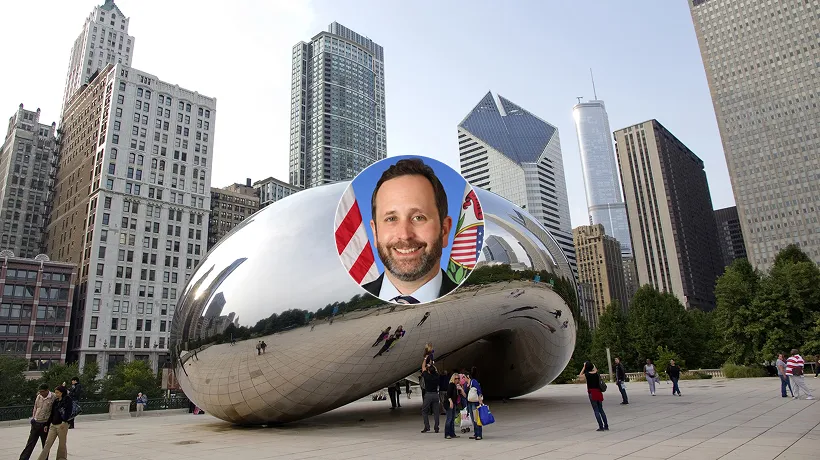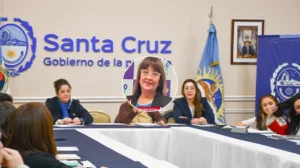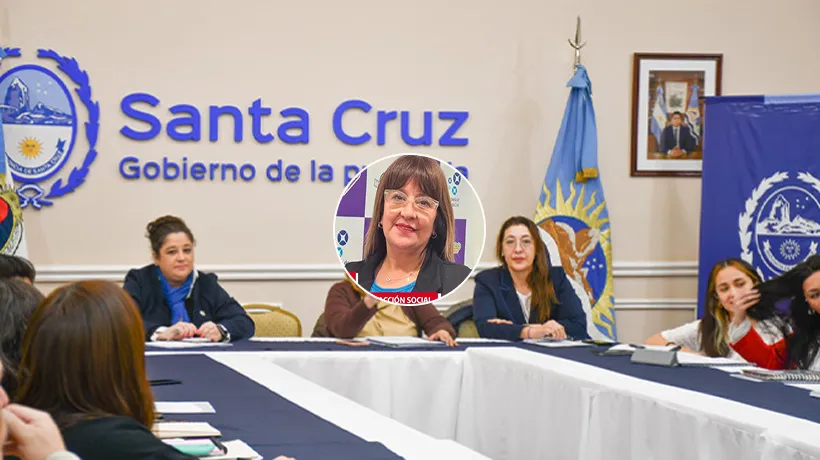Illinois Gaming Board issued a memorandum last week targeting prediction markets and event contract trading. Board Administrator Marcus Fruchter wrote the document. He made the state’s position clear.
“There is no right under Illinois law to engage in or profit from gambling through contract or otherwise,” Fruchter stated.
The Illinois Gaming Board now joins Pennsylvania, Michigan, Arizona and Ohio in pushing back against this betting format. Each state has sent warnings to operators. Some sent formal letters to legislators.
Pennsylvania got there first. Gaming Control Board Executive Chair Kevin O’Toole sent a letter to state Senators and Congress on October 8. He outlined serious concerns about the product. Michigan followed days later when Gaming Control Board Executive Director Henry Williams issued his own memo on October 3.
Why Illinois Calls Prediction Markets Illegal Gambling
Fruchter’s memo defines prediction markets as gambling under state law. Period. No gray area exists in the board’s view.
“Prediction markets constitute gambling activity under Illinois law,” he wrote. “Parties that participate in or facilitate such activity in Illinois without IGB licensure or authorisation are engaged in illegal gambling.”
The administrator pointed to existing internet gambling laws. Operating any site that lets people play games of chance or skill for money requires a license. Same goes for sites accepting wagers on sports, contests or elections.
Most prediction market platforms don’t hold Illinois gambling licenses. That creates a legal problem for any operator trying to enter the state.
What the Memorandum Says About Operator Requirements
Illinois law blocks unlicensed internet gambling operations. Fruchter spelled out the rules in detail.
Any party running a site that permits gambling, or facilitates it, needs an IGB-issued licence. No exceptions apply for prediction markets or event contracts.
The memorandum came after the board received multiple inquiries about these platforms. Operators apparently wanted clarity on whether they could launch in Illinois. They got their answer. It was no.
Williams’ Michigan memo took a similar stance. He warned operators that involvement with prediction markets “will have implications relative to your licensure” in that state.
How This Affects Operator Licensing and Market Entry
Getting caught running unlicensed gambling carries consequences beyond immediate legal action. Fruchter explained the long-term risks.
“If a party engages in or facilitates illegal gambling activity, such conduct may impact that party’s suitability for licensure,” he wrote.
That’s significant. Operators who test these boundaries could damage their chances of getting licensed later. Not just in Illinois, other jurisdictions might take notice too.
Arizona Department of Gaming and Ohio Casino Control Commission sent their own letters about prediction markets. The regulatory resistance keeps building across multiple states. Operators face a tougher path forward if they want to offer this product legally.







